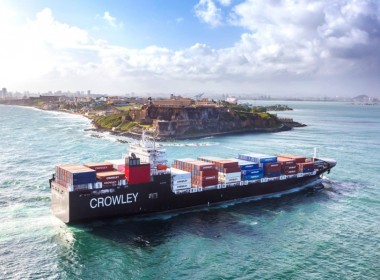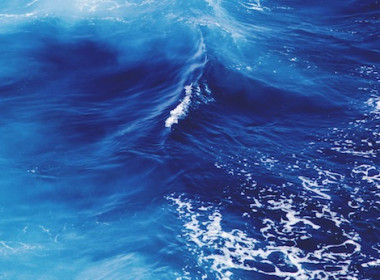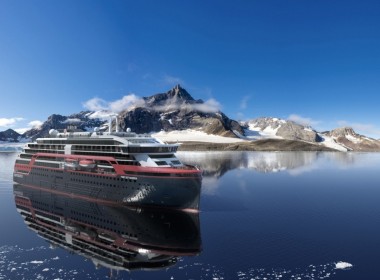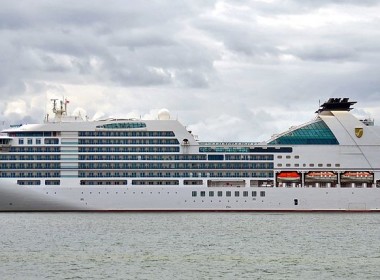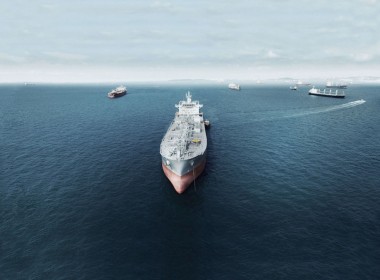Report finds ship fires pose a real threat to maritime safety
A risk assessment on ship fires produced by the Finnish Border Guard and Finnish Transport Safety Agency has found that ship fires on Ro-Ro passenger ships pose the highest risk to maritime safety in Europe.
The assessment was produced for use in the Baltic Sea Maritime Incident Response Group (Baltic Sea MIRG) project.
In an examination of ship fires over the period 2004 to 2014, the report says a slight rise can be detected. Ship fires have increased among, for example, general cargo ships, Ro-Ro passenger ships and cruise ships. The worst accident in recent history occurred in 1990, when 159 people were killed in a ship fire aboard the ‘Scandinavian Star’.
“It is also worth noting that there has been a significant reduction in the number of ship passengers in Europe in recent years, and this must also have been reflected in the number of Ro-Ro passenger ships,” said said International Maritime Rescue Federation IMRF, CEO, Bruce Reid.
“On the basis of this data, it can be assumed that a greater number of fires per vessel are occurring aboard Ro-Ro passenger ships. On the other hand, favourable developments can be seen in, for example, the number of fires aboard oil tankers, chemical tankers and fishing vessels, which have all decreased in recent years.”
Compliance with fire safety regulations does not guarantee that a vessel is safe, the report says, but it is a good starting point for safe operations. According to the researchers basic procedures, such as keeping areas clean and tidy and maintaining equipment in proper working order can help.
“However, preventing fires can be difficult, as there are such a wide range of potential causes, from electrical faults to a variety of human activities. It is therefore impossible to prepare for all eventualities. This is why specific causes of fire are not always significant with regard to the overall safety of a vessel. Instead, it is often easier to influence the prompt detection of fires and their effective extinguishment, and these factors therefore play a key role in minimising fire damage aboard vessels.”


